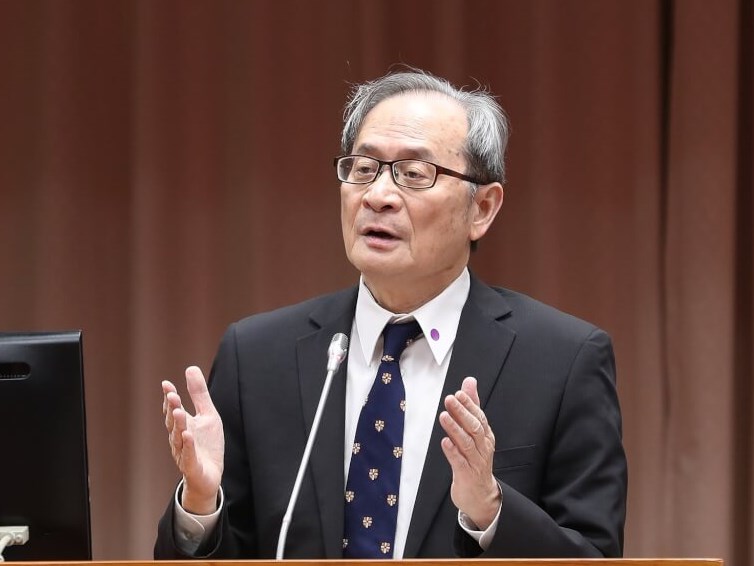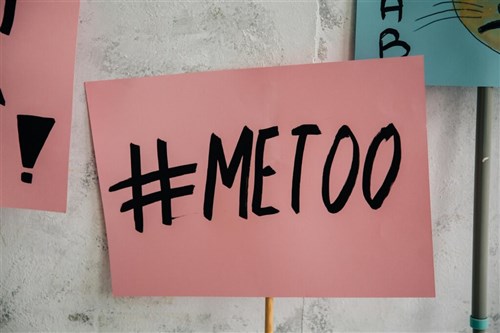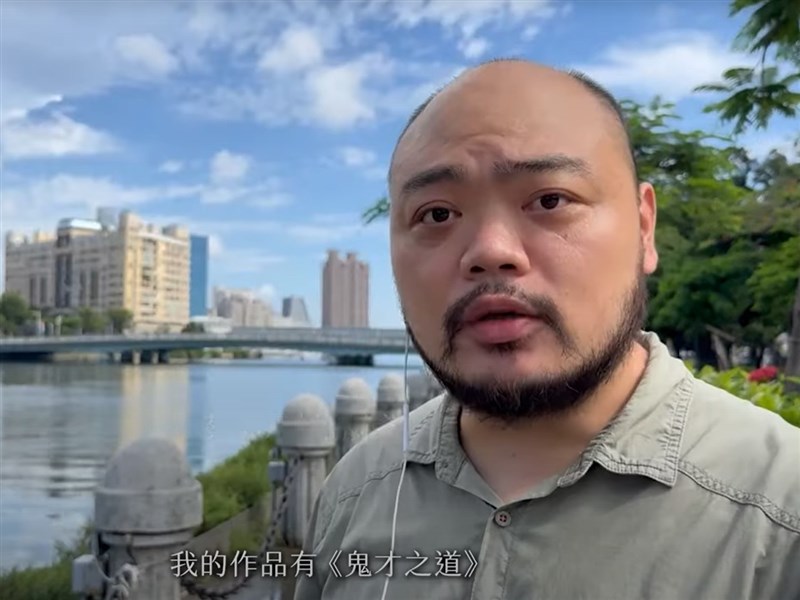The amendments to three gender equality acts will come into effect on Friday, International Women's Day, as part of an effort to expand protections for victims of all forms of harassment.
(Full text of the story is now in CNA English news archive. To view the full story, you will need to be a subscribed member of the CNA archive. To subscribe, please read here.)
More in #METOO
-
![Former AEC chair fined NT$600,000 for bullying, sexual harassment]() Former AEC chair fined NT$600,000 for bullying, sexual harassmentThe Disciplinary Court on Wednesday fined former Atomic Energy Council (AEC) Chair Hsieh Shou-shing (謝曉星) NT$600,000 (US$19,964) for workplace bullying and sexual harassment during his 2016-2023 tenure.09/17/2025 02:59 PM
Former AEC chair fined NT$600,000 for bullying, sexual harassmentThe Disciplinary Court on Wednesday fined former Atomic Energy Council (AEC) Chair Hsieh Shou-shing (謝曉星) NT$600,000 (US$19,964) for workplace bullying and sexual harassment during his 2016-2023 tenure.09/17/2025 02:59 PM -
![Screenwriter denies harassment after Kaohsiung drops contract]() Screenwriter denies harassment after Kaohsiung drops contractTaiwanese screenwriter Tsai Kuen-lin (蔡坤霖) denied sexual harassment accusations against him on Friday, after his contract with the Kaohsiung City Bureau of Cultural Affairs was terminated the previous day.09/12/2025 06:45 PM
Screenwriter denies harassment after Kaohsiung drops contractTaiwanese screenwriter Tsai Kuen-lin (蔡坤霖) denied sexual harassment accusations against him on Friday, after his contract with the Kaohsiung City Bureau of Cultural Affairs was terminated the previous day.09/12/2025 06:45 PM -
![Kaohsiung to end contract with screenwriter accused of sexual harassment]() Kaohsiung to end contract with screenwriter accused of sexual harassmentThe Kaohsiung City Government Bureau of Cultural Affairs said Thursday it will terminate its contract with screenwriter Tsai Kuen-lin (蔡坤霖) after he was accused of sexually harassing a female student in a screenwriting course.09/11/2025 04:48 PM
Kaohsiung to end contract with screenwriter accused of sexual harassmentThe Kaohsiung City Government Bureau of Cultural Affairs said Thursday it will terminate its contract with screenwriter Tsai Kuen-lin (蔡坤霖) after he was accused of sexually harassing a female student in a screenwriting course.09/11/2025 04:48 PM
Latest
-
Science & Tech
Taiwanese experts see model for 'sovereign AI' development in India
02/21/2026 06:18 PM -
Society
Taiwan seeks to regain ASF-free status with WOAH
02/21/2026 05:29 PM -
Politics
After Trump tariff ruling, KMT calls to renegotiate U.S. trade deal
02/21/2026 04:04 PM -
Politics
Impact of Trump's 10% tariff on Taiwan 'limited': Executive Yuan
02/21/2026 03:51 PM -
Society
2 freeway sections congest Saturday morning, 18 accidents reported
02/21/2026 03:00 PM


